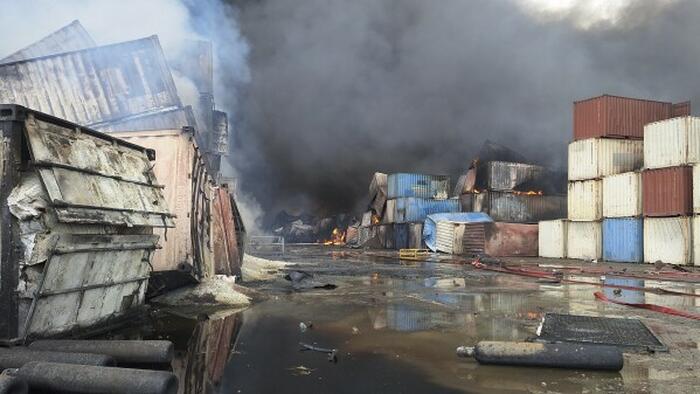Iran Port Explosion: Key Facts Simplified
(April 2025)
What Happened?
- Where: Bandar Abbas, Iran’s largest commercial port.
- Event: A massive explosion triggered a fire that burned for over 40 hours.
- Casualties: At least 46 dead, over 1,000 injured.
- Impact: 10,000 shipping containers destroyed; port operations halted.
What Caused the Blast?
- Official Explanation: Iranian authorities blame negligence and poor safety practices.
- Key Detail: Chemicals used in missile fuel (specifically sodium perchlorate) were stored improperly. This substance is highly explosive if mishandled.
- No Sabotage Claim: Despite early rumors of Israeli involvement, Iran has not accused any foreign power.
Why Was the Explosion So Severe?
- Chemical Reaction: The blast created a giant fireball and reddish-orange toxic clouds, suggesting dangerous chemicals were involved.
- Safety Failures: Officials admitted ignoring basic safety rules, like storing hazardous materials away from populated areas.
Health & Environmental Warnings
- Toxic Air: Residents warned to stay indoors, close windows, and wear masks due to dangerous pollutants.
- State of Emergency: Declared in Hormozgan province (where the port is located).
Economic Fallout
- Port Shutdown: Major delays expected for imports/exports, worsening Iran’s already struggling economy.
- Long-Term Damage: Rebuilding could take months or years.
Key Quote from Officials
“There were shortcomings, including negligence in safety measures. Some materials should never have been stored here.”
— Iran’s Interior Minister
Why This Matters
- Human Cost: One of Iran’s deadliest industrial accidents.
- Accountability: Investigations are ongoing, with some officials already questioned.
- Global Context: Highlights risks of lax safety standards in handling hazardous materials.
Sources: Iranian state media, NY Times, social media reports.
